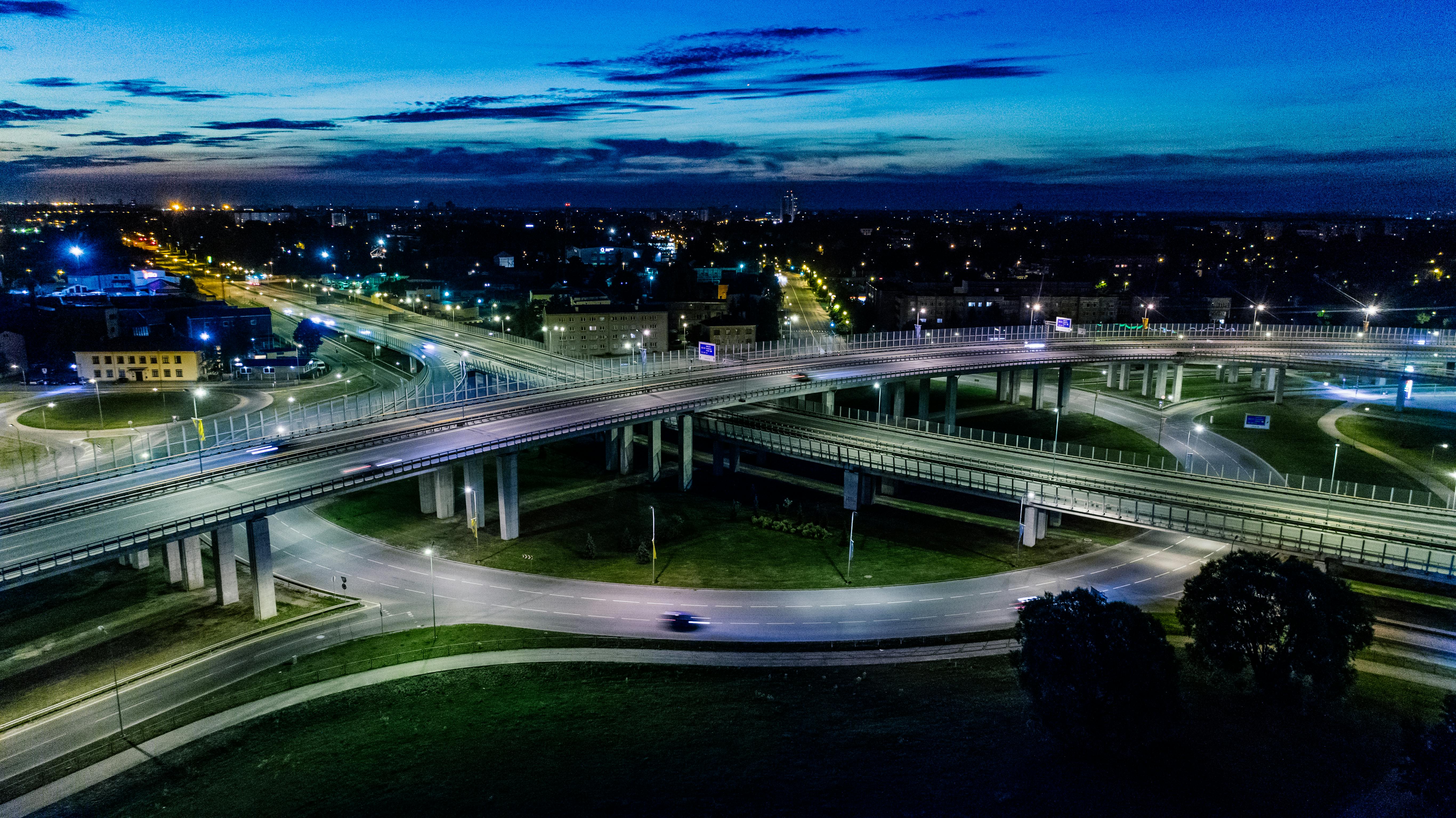After years of cooking in commercial kitchens and at home, I have decided to write down some of the little things that make cooking easier. Now I will introduce you to some of the best cooking tips.
Garlic – this easy way to cut garlic is to line up the cloves on the board. Now cut off the root end. Then place the extended teeth on the table. Take a large knife and place the side over some of the garlic cloves and pound with your hand to crush the garlic. Repeat with all teeth. The skin of the garlic will fall off and is now ready for slicing with a sharp knife. This is a very quick and easy way to prepare garlic and after doing it a few times you will find it to be a simple procedure.
Tomatoes – Always use a sharp knife and it will be much easier to cut
Onions – If the onions sting your eyes, put the garlic in water to counteract it. Also, use a sharp knife when cutting for fewer problems.
Boiling water – use a lid to boil water, it’s much faster
Rice – Wash 2-3 times in cold water. Put the lid on and bring to a boil. Lower the heat to a simmer and allow to cook slowly.
potatoes – Cook in cold water and bring to a boil, then turn down and cook over low to medium heat. Keep the skin on for tastier, healthier potatoes.
vegetables – Keep the skin on vegetables like carrots and potatoes for more fiber and texture, plus as noted above, it’s healthier too. Carrots take a long time to cook, so it’s better to put them on earlier or cut them into small pieces than other vegetables. Do not cook leafy vegetables for too long, the less the better. Steam or blanch for healthier vegetables. Only use a minimal amount of water when cooking in water for leafy and green vegetables.
Pasta – Put water to boil in a large pot with plenty of water. Add a pinch of sea salt (no oil needed) and then layer the pasta. Put the lid on the pot until it comes to a boil again, then immediately remove the lid and cook open. Take a fork and stir a few times and then let cook until al dente. It is better to cook a little less than to overcook the pasta. The pasta should look visibly larger when almost done. Take a fork and select a strand of pasta, remove it from the pot, and bite into it to see if it’s done. When it is ready, drain it quickly in a colander but leave the last drops of water still, now put the pasta back in the empty pot. Drizzle some extra virgin olive oil over the pasta and fluff it around with a fork and serve. Serve the pasta on the plate first separate from the sauce, do not mix it into the sauce unless the dish calls for it or you want to do something different. In general, pasta is best served first on a plate and then the sauce is poured over the pasta, usually followed by grated Parmesan cheese.
